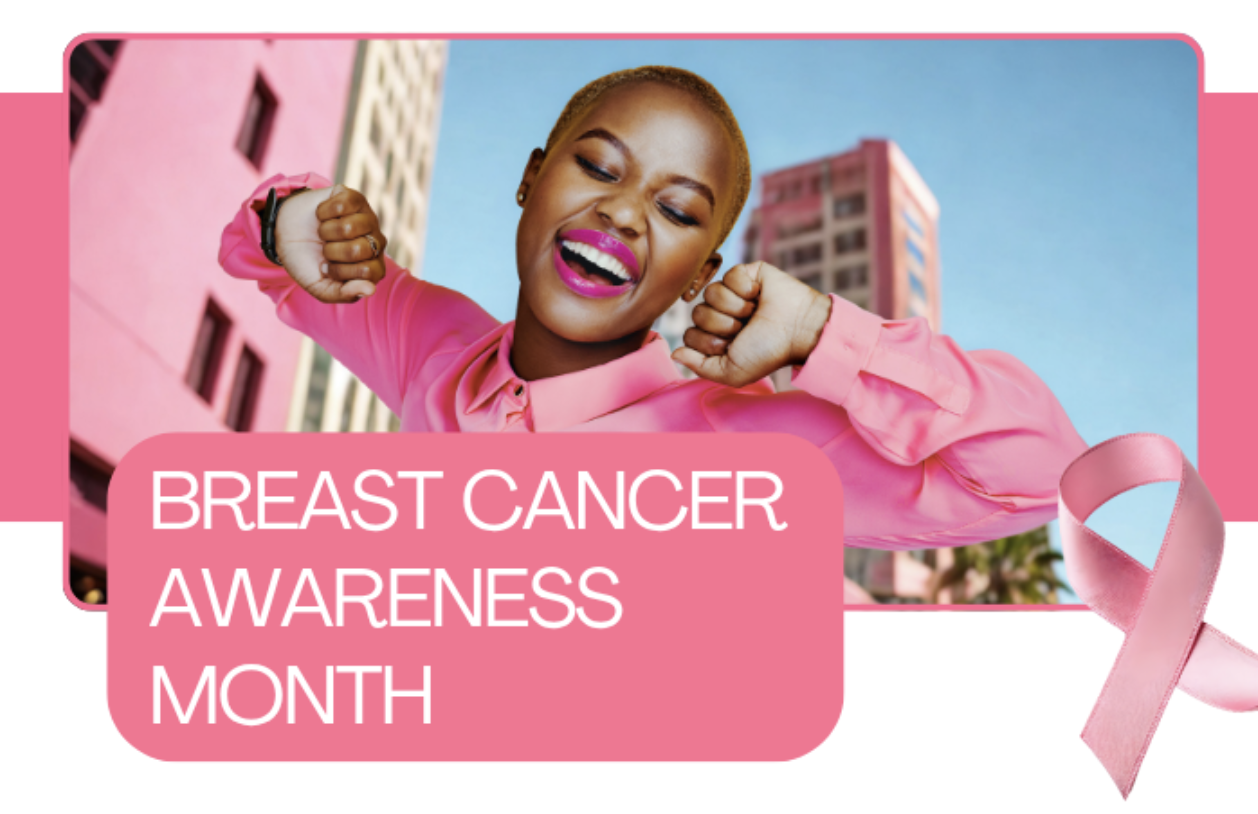Breast cancer is the leading cause of death in women over 40 years old. However, anyone can get breast cancer, young or old, woman or man. Women at any age should become familiar with the way their breasts look and feel, so you can notice any new changes.
Do monthly breast exams, if you notice anything different, like changes in shape or size of the breast, a new lump, or changes to the nipple, notify your doctor immediately for further evaluation. Remember, while important, self breast exams do not replace your regular mammograms or other health screenings. Some people have no signs or symptoms, and their breast cancer can only be found by mammograms.
Here are some key facts to keep in mind:
- Breast cancer is a leading cause of death for women.
- Underserved communities may experience later diagnoses, which can affect treatment outcomes.
Finding breast cancer early gives you the best chance for successful treatment.
Here's how you can take action:
- Self-exams: Get to know how your breasts normally feel. Check them regularly for any changes, like lumps, pain, or changes in size or shape. Review the technique here.
- Clinical breast exams: Have a doctor or nurse examine your breasts.
- Mammograms: An X-ray of the breast that can find tumors that are too small to feel. Talk to your doctor about when to start getting mammograms, or reach out to one of the screening programs listed below.
Free/Low-Cost Screening Programs:
- Every Woman Counts: The mission of the Every Woman Counts Program is to mitigate the devastating medical, emotional, and financial effects of breast and cervical cancer and to eliminate health disparities for medically underserved, low-income individuals. Call (800) 511-2300 Help is here 24/7
- The Pink Journey: The Pink Journey’s "Rolling with Hope" program uses a mobile mammography coach to provide no-cost screenings to underserved communities.
How to Lower Your Risk
While there's no guaranteed way to prevent breast cancer, here are some things you can do to lower your risk:
- Maintain a healthy weight: Being overweight or obese can increase your risk.
- Be physically active: Aim for at least 30 minutes of moderate exercise most days of the week.
- Limit alcohol: If you drink alcohol, do so in moderation.
- Don't smoke: Smoking is linked to many health problems, including cancer.
Remember that you are not alone. Here are some organizations that can provide support and information:
Your health is important. Schedule a checkup with your doctor and talk about breast cancer screening. Perform regular self-exams. Encourage your loved ones to do the same.

